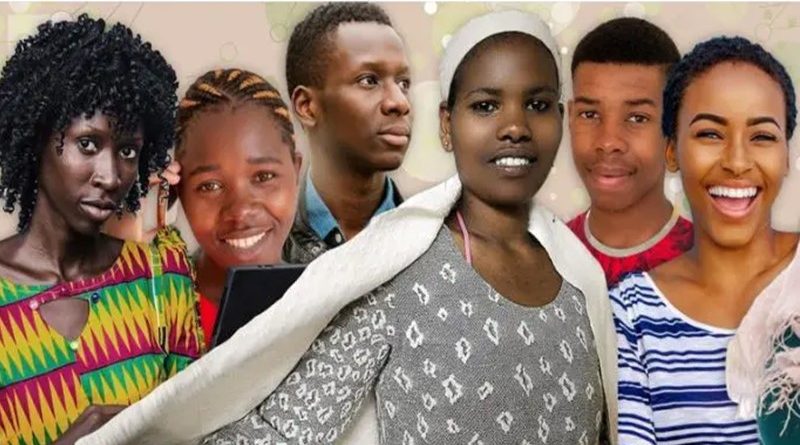$1b for youth led climate resilient businesses under YouthAdapt
Akinwumi Adesina, President of AfDB has unveiled a new $1 billion fund under YouthAdapt to accelerate climate funding for Africa’s young companies.
The new funding will help YouthAdapt, a collaborative project of the World Bank and the Global Centre for Adaptation. It invites young African entrepreneurs as well as micro, small, and medium-sized businesses to propose creative solutions and business ideas that have the potential to enhance climate change adaptation and resilience across the continent.
Adesina made the $1 billion announcement at the Wangari Maathai Institute of Peace and Environment on the outskirts of Nairobi at a High-Level Intergenerational Dialogue: Africa Driving Climate Adaptation Solutions and Jobs. The African Development Bank financed institute will be officially established in 2022.
Adesina was joined by the UN’s 8th Secretary General, Ban Ki Moon, Graça Machel, Chair of the Board of Trustees of the Graça Machel Trust (https://GracaMachelTrust.org) and the African Child Policy Forum (https://apo-opa.info/3EpnbNY), GCA’s CEO Patrick Verkooijen, Kenya’s Cabinet Secretary for Youth Affairs, Arts and Sports Ababu Namwamba, Kerrie Simmonds, Minister of Foreign Affairs for Barbados, Anne Beathe Tvinnereim, Norway’s Minister of International Development, and other dignitaries.
When announcing the increased funding of $1 billion, the Bank’s CEO stated that African youngsters did not want “small things handed to them.” “We have no choice but to invest in our youth,” stated Adesina.
YouthAdapt has given more than $1.5 million to 33 young entrepreneurs in 19 African nations over the last two years. Some have increased their profits by 200%.
“The youth of Africa are the present.” “It is their perspectives and views that will change the continent,” Adesina added. “Failure is not an option; failing to invest in the youth will harm Africa.”
Ban urged the teenagers that as global citizens, they should not be limited by national boundaries. He asked them to hold their leaders responsible for their pledges. “Challenge your leaders right now. Make use of your vote power to guarantee that climate adaptation and funding are prioritized.”
Namwamba highlighted some of the steps launched by the Kenyan government to drive climate adaption. “We are recruiting a million young Green Army Climate Action Warriors to help President William Ruto achieve his ambitious goal of planting 15 billion trees in ten years.” According to him, this would raise the country’s forest cover from 12% to 30%.
He emphasized that Kenya was the first country to ratify the United Nations Framework Convention on Climate Change’s Sports for Climate Action Initiative. Sports organizations will be able to undertake climate action in a consistent and mutually beneficial manner under the program by spreading best practices, lessons gained, and collaboration.
According to Verkooijen of the GCA, the decision before Africa was stark. “Adapt, or die.” Nonetheless, he believes that the requirement for adaptability provides an opportunity. “We know that if we provide you with the right tools, the right finance, and give voice to the voiceless, you will be unstoppable.”
The event also included the presentation of the Youth4Adaptation Communiqué, which asks global leaders to include youth in climate adaptation and action decision-making. The statement, which reflects the climate adaptation ambitions of young people from 135 nations worldwide, also calls for an increase in adaptation money, with a goal of tripling it by 2025.
Adesina and the other dignitaries each planted a tree on the grounds of the Wangari Maathai Institute, which is named after the late Professor Wangari Maathai, a prominent environmentalist and Nobel laureate. She started the Green Belt Movement and advocated for a community-based approach to environmental conservation, planting trees with young people, particularly women. They praised Professor Wangari Maathai’s great legacy of environmental protection and social fairness.




